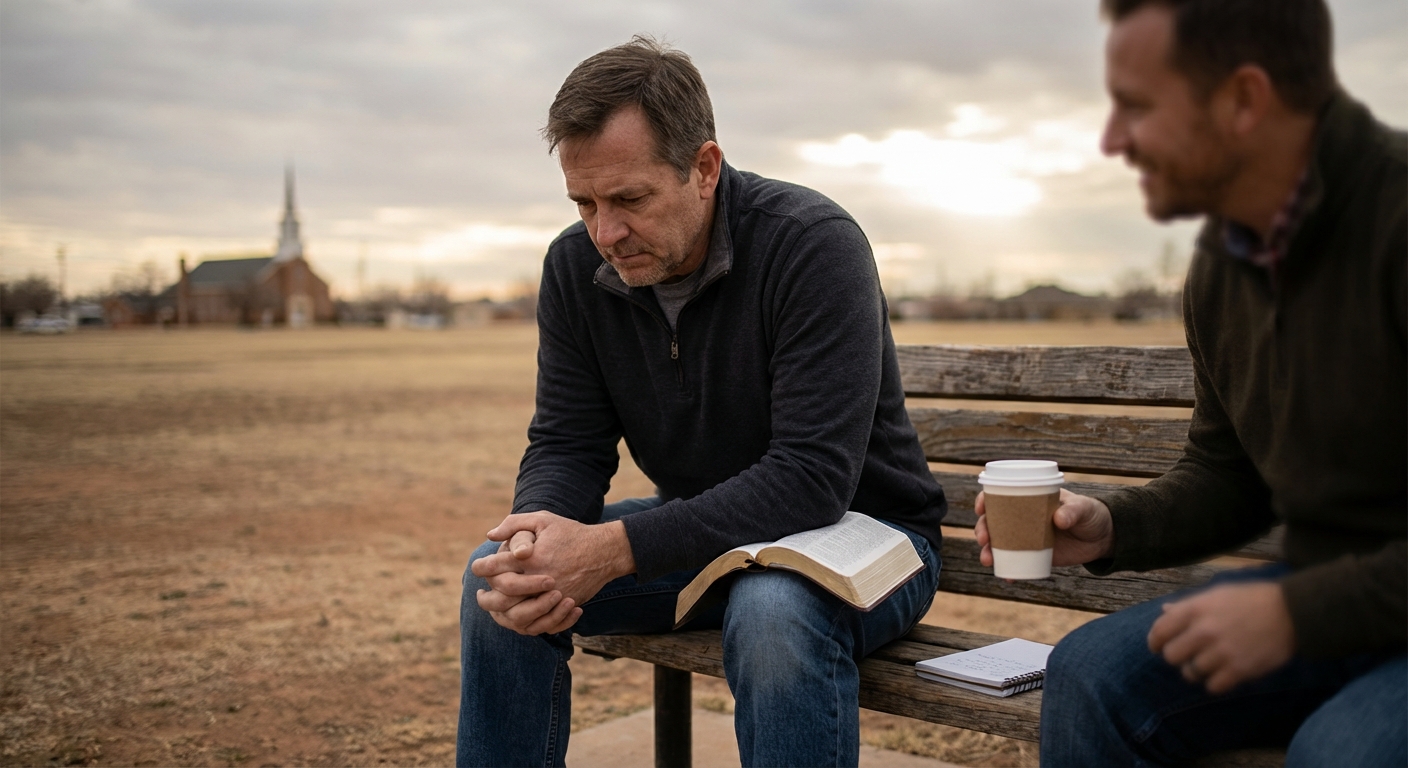Should Christians Meditate? -Carrie Roark
Should Christians meditate? The answer is absolutely, Yes!, a Christian should meditate. But then again not all mediation is equal. For most, when they think of meditation, they picture the Buddhist monks sitting cross-legged with their eyes closed. Eastern religions and the New Age movement use meditation prominently in their practices. But their METHOD of meditation is critically different from the method of meditation that is commanded in the Bible.
That’s right. The Bible commands mediation. Did you know that? Many might be surprised by that. I searched for the word meditate and its forms and found it appeared more than 20 times in the New International Version. A great one is Joshua 1:8 that says, “Keep this Book of the Law always on your lips; meditate on it day and night, so that you may be careful to do everything written in it. Then you will be prosperous and successful.”
So what’s the difference between the two methods? Good question. I’m glad you asked. Eastern meditation practices, in simple terms, teach you to empty your mind as you meditate. The Biblical meditation, however, calls for an active mind focused on something such as scripture and the presence of God. Where Eastern meditation might be like an empty stage, Biblical meditation is like a tight spot light focused on one spot on the stage.
Some meditation FAQs:
Q. Should Christians meditate?
-
Absolutely, as long as they use the Biblical method.
Q. When should you meditate?
-
Night and day, just ask Joshua 1:8.
Q. Does posture matter? Do I have to sit in a lotus position?
-
No. Just be comfortable.
Q. What can help enhance the meditation experience?
-
Set an environment that is quiet and free of distractions. Bring a Bible, a pen, and paper. Don’t have your smartphone nearby or at least turn off the notifications. Some may enjoy low worship or instrumental music playing.
Q. Is there a difference between meditation and prayer?
-
Yes. Prayer is words spoken TO God. Meditation is time spent listening to revelation FROM God. Some may find that they practice the two things within a single session. After all, we are implored to pray without ceasing. They can happen at the same time or not because they are separate practices.
Q. What is the Biblical method of meditation?
-
Meditation is reflective thinking or contemplation on a specific subject to determine its meaning. There is really no one way to practice this spiritual discipline. It can involve things such as writing scripture down, bible study, and scripture memory. The important thing to understand is that this is not a passive activity. It can involve many actions, but 3 worth highlighting are: reading, reflecting and responding to scripture.
Start by becoming still and focusing on the presence of God all around you. Let your heart feel grateful and worship him in the present moment. Then choose a scripture to meditate on. Read it through multiple times and write it down. Perhaps even write it multiple times. Reflect on the words and ask for revelation from the Holy Spirit. Write down anything that comes to mind. Finally, consider what response God is leading you to as a result of the reflecting. Again, record anything thoughts you have. You may repeat these steps or move in and out of them depending on how you are moved or if the verse is difficult to understand. That’s ok. Stay open and stay focused. That is really all that is required. End your session with prayer where you may be led to confession, or you may ask for strength or courage to be obedient, or you may simply be thankful for the revelation of God on an ordinary day.
Add meditation to your repertoire of spiritual disciplines. You will see there is nothing mystical or magic about the practice. In fact, you will find that it is one of the holiest things a Christian can do.
-Carrie Roark
‹ Back







